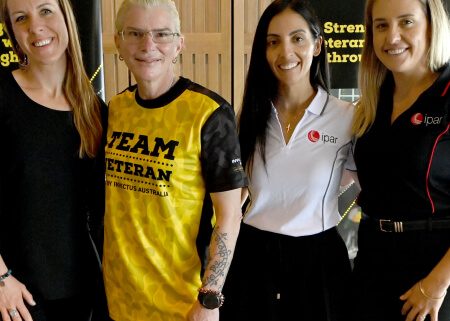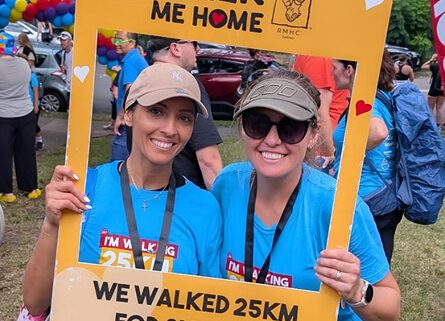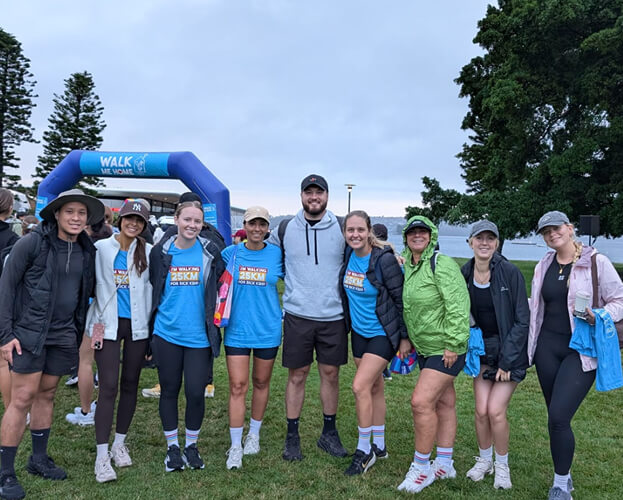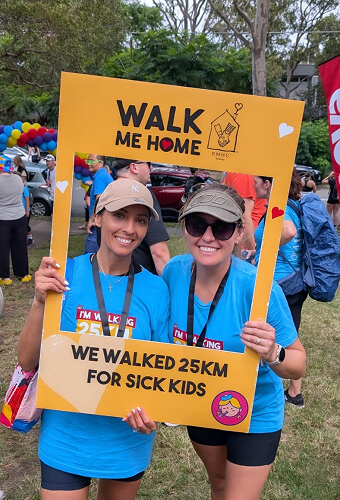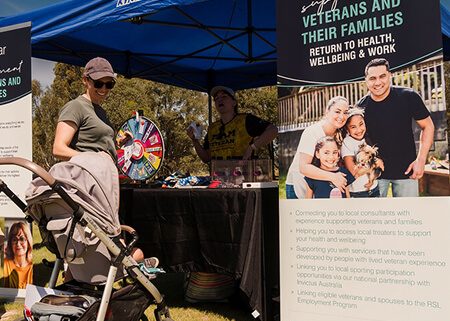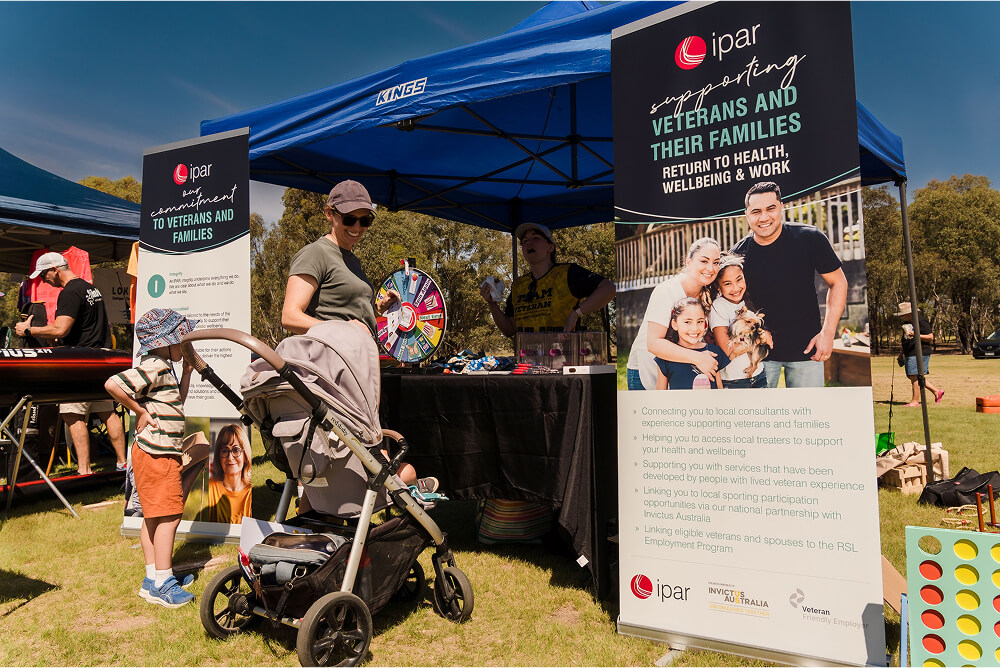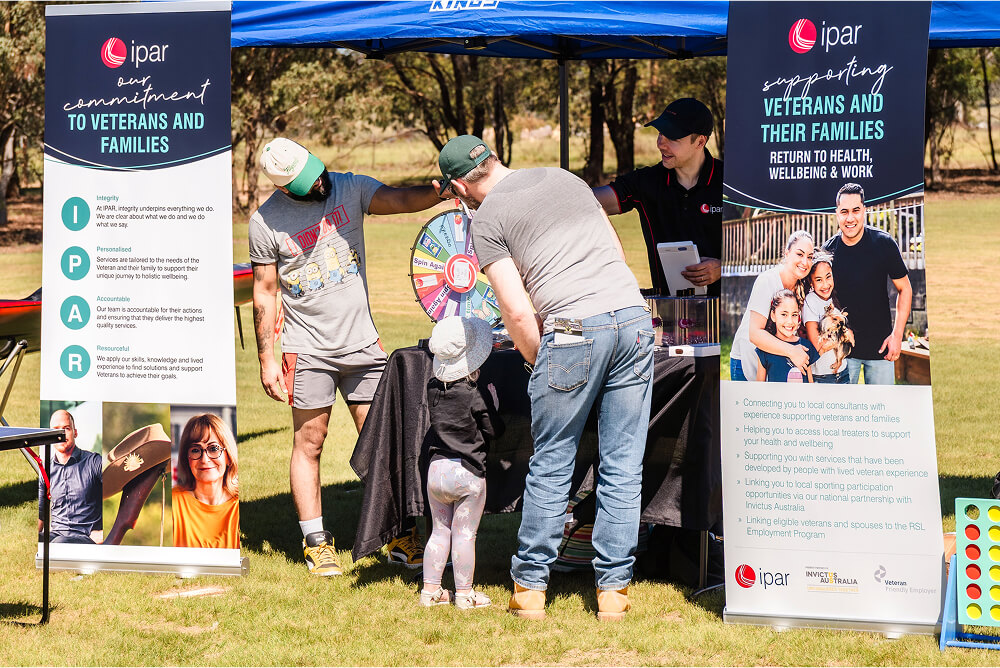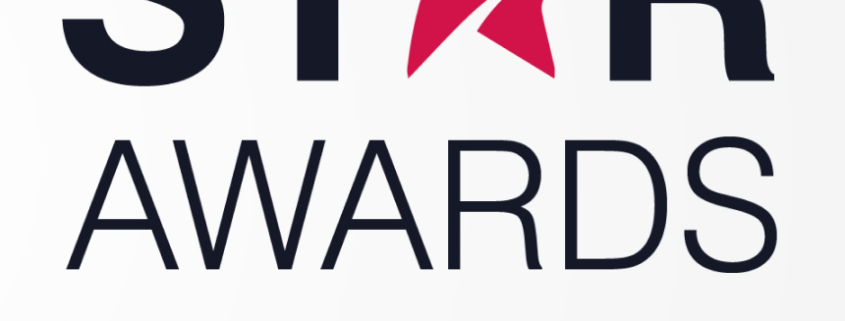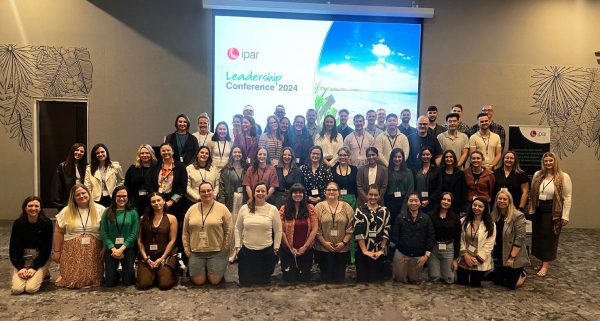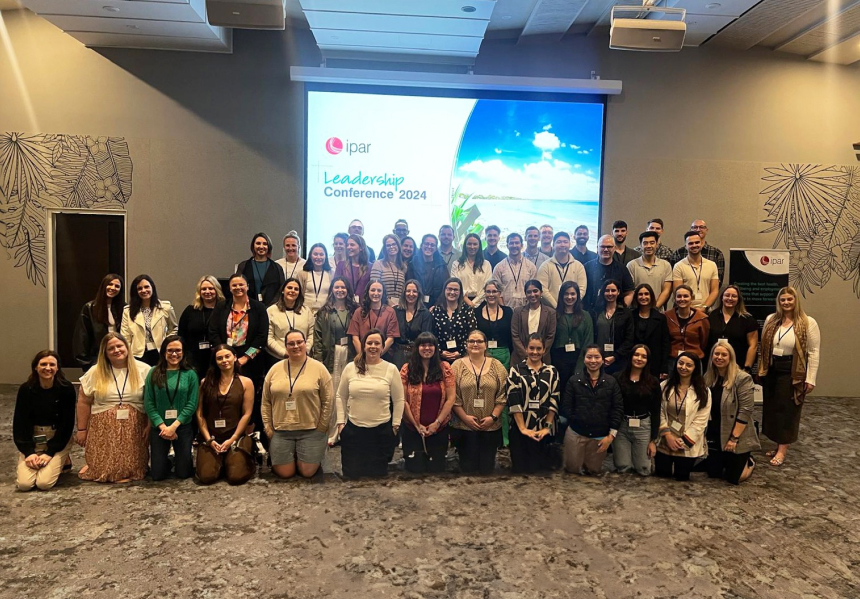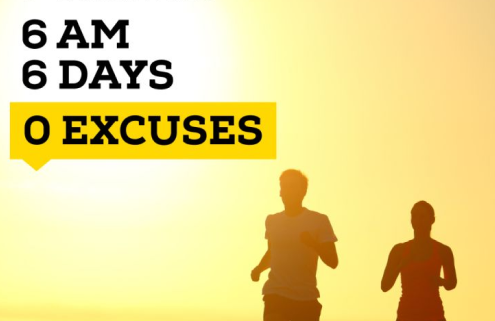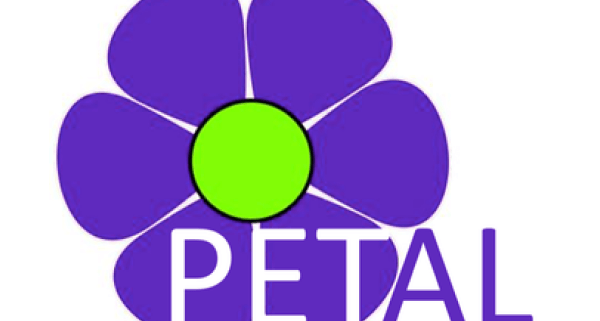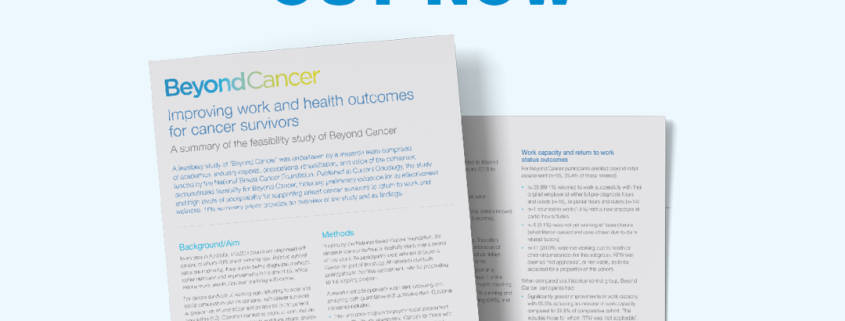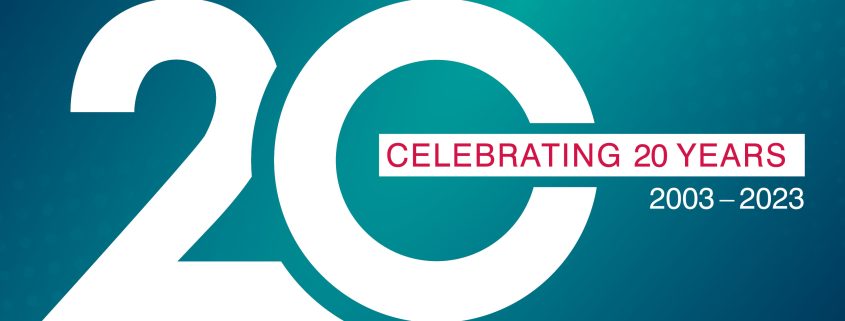IPAR Extends Commitment as Invictus Australia’s Exclusive Rehabilitation Partner
IPAR and Invictus Australia have announced the extension of their formal partnership for a further three years, reinforcing their shared commitment to supporting the health and wellbeing of military veterans and their families.
This renewed partnership will continue supporting access to sport and recreational opportunities and events for the defence community. It also aims to deepen public awareness, understanding, and appreciation of the unique experiences and contributions of veterans and their families.
Invictus Australia will contribute its extensive sporting expertise and national network of partners to facilitate local initiatives that promote physical activity and social connection. IPAR, as a national rehabilitation provider, will integrate these opportunities into its tailored support services, helping veterans harness the many benefits of sport as part of their rehabilitation and reintegration journeys regardless of their level of ability or experience.
Michael Hartung, Chief Executive Officer of Invictus Australia said: “We are delighted to extend our partnership with IPAR to deliver better outcomes for veterans and their families through sport and collaboration. We know the powerful role sport can play in not only proactively supporting the health and wellbeing of veterans and their families, but also assisting with recovery, rehabilitation and reintegration. We look forward to continuing to work with IPAR, part of the MedHealth group, and their passionate team across Australia to deliver upon our shared purpose to support all those who have and continue to serve our country.”
Jo Broomhall, Executive General Manager of IPAR said:
“In 2022, IPAR proudly partnered with Invictus Australia to support veterans, their families and communities through the power of sport. Since then, we’ve seen the incredible impact Invictus Australia has made, and the renewal of this partnership means the momentum will continue to grow.
When veterans thrive – through sport, employment or volunteering – our whole society benefits. We are incredibly proud of our partnership and look forward to helping more Australians experience the transformative power of sport.”
Over the past three years, IPAR and Invictus Australia have focused on community engagement and veteran support programs, seeing more than 15,700 veterans and family members attending almost 800 Invictus events in local communities over this time. In addition, IPAR have cheered on, both locally and on the sidelines, two Team Australia performances at Invictus Games. This next phase of the partnership will build on that foundation, with a focus on expanding reach and impact to ensure the spotlight remains firmly on our veteran’s wellbeing, during and beyond an Invictus Games moment.
Both organisations recognise the unique skills, experiences, and values that veterans, current and former Australian Defence Force (ADF) members, and their families bring to the workplace and the broader community. By bringing service-life lived experience into their operations, IPAR and Invictus Australia aim to support veterans not only in their transition to civilian employment but also in their ongoing wellbeing and community participation.
Together, IPAR and Invictus Australia look forward to continuing to make a meaningful difference in the lives of those who have served and continue to serve our country.
– END –
Invictus Australia is the leading nonprofit organisation connecting current and former serving personnel and their families to sporting communities across Australia. They promote the benefits of sport for proactively managing physical, social and emotional health, and supporting recovery, rehabilitation and reintegration following transition from service.
Invictus Australia is owned and operated by Australian International Military Games, the NFP responsible for organising Invictus Games Sydney 2018; and is officially licensed by the Invictus Games Foundation (UK) to carry the Invictus brand and represent the movement in Australia. A not-for-profit registered charity that relies on the generous support of government, corporate Australia and the general public.
IPAR is a national provider of health, wellbeing and recovery services. Our purpose is to create solutions that support people to move forward. In working to achieve our purpose, we help our clients to build independence and increase social and economic participation.
We are passionate about supporting veterans and their loved ones to return to health and wellbeing – something we have done since 2011. We do this by engaging with veterans and their partner or support person, listening to their story, and gaining an understanding of exactly what the veteran and their family needs. We also work closely with doctors and other partners in the community who may be assisting veterans to get well.
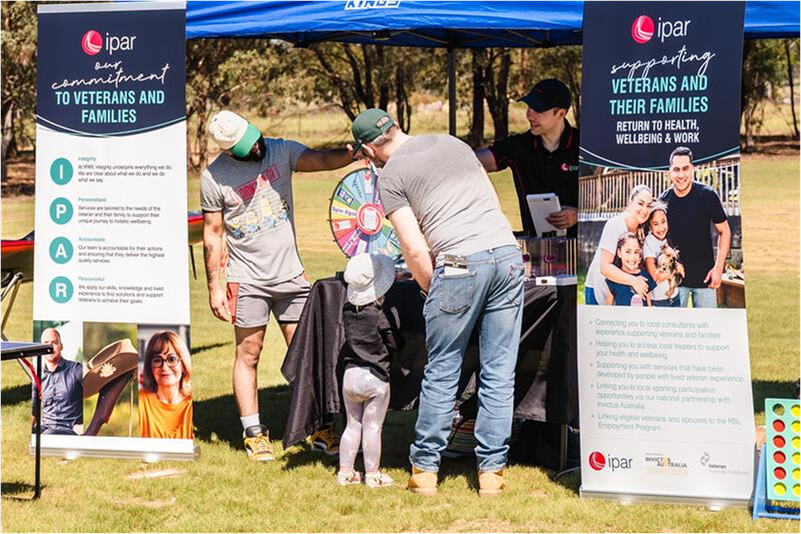
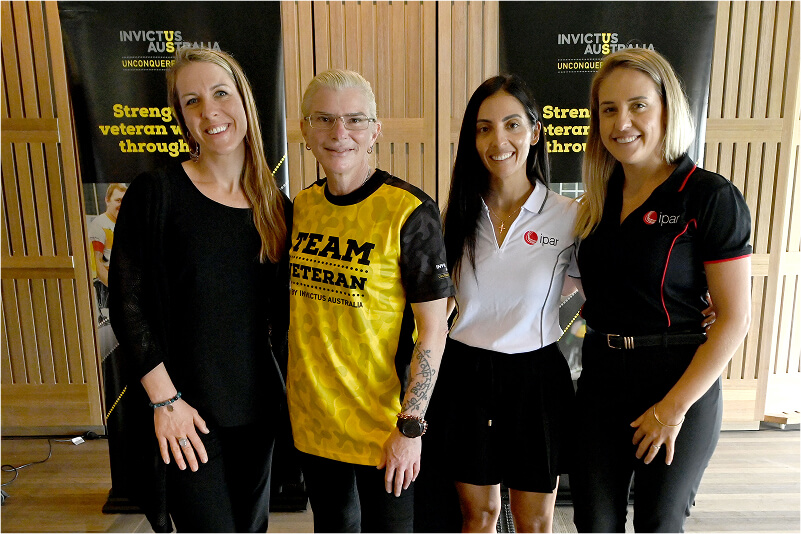
Media Contacts:
Invictus Australia
Kate Holland, Marketing Manager | E: kholland@invictusaustralia.org | M: 0407242061
IPAR
Peta Siggers, Veteran Experience Manager | E: psiggers@ipar.com.au | M: 0427 514 834

